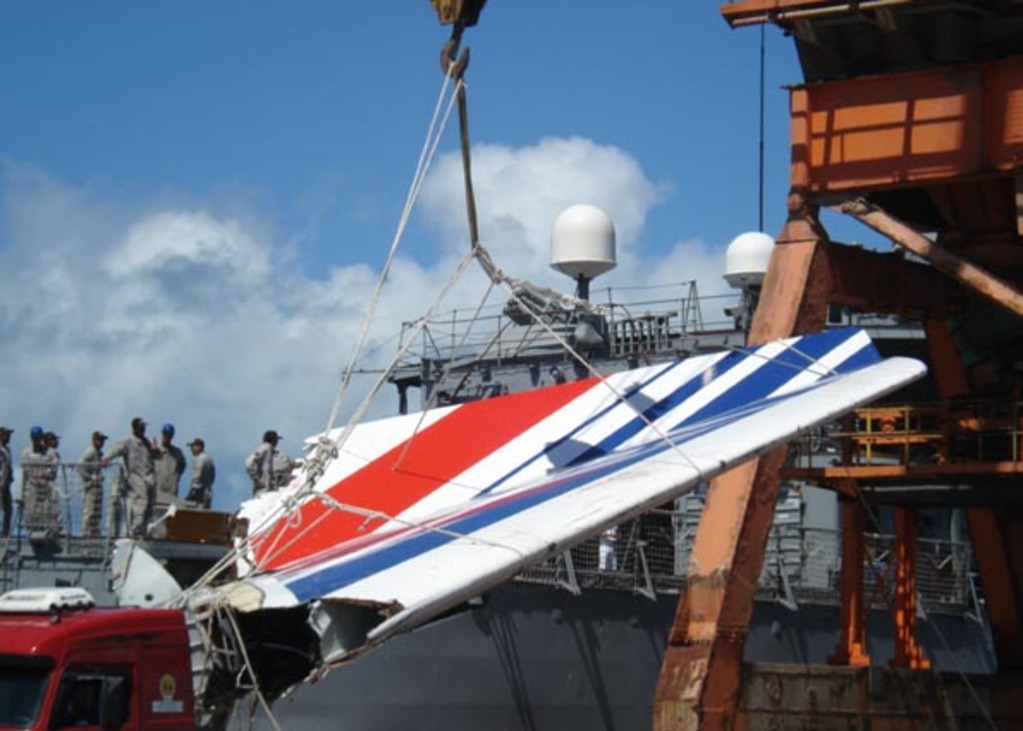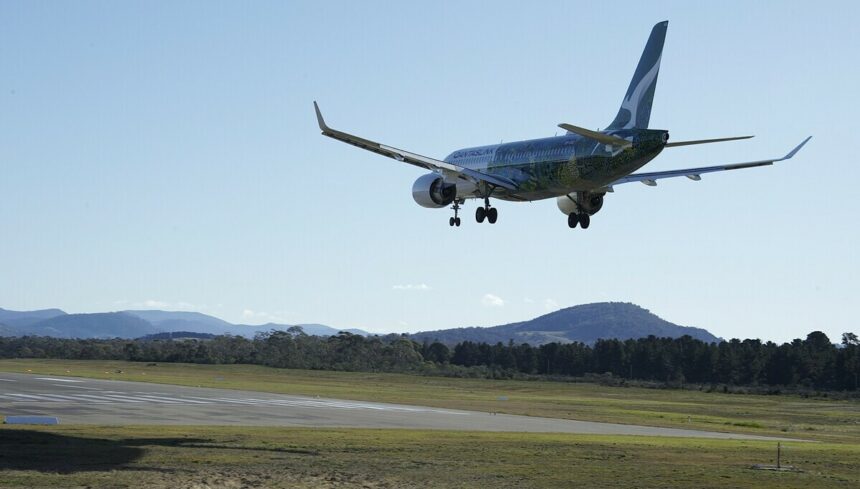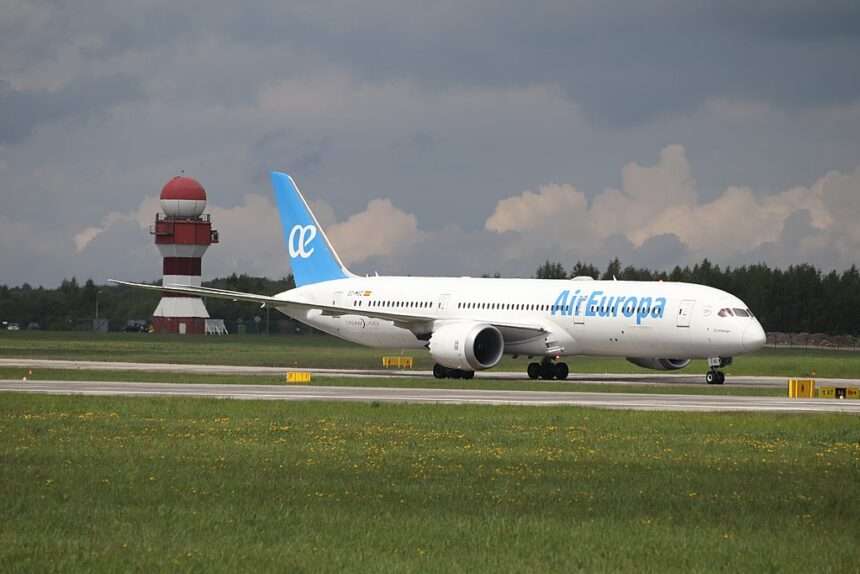Following two months of deliberations, the French court has found aircraft manufacturer Airbus and the French national carrier Air France not guilty of involuntary manslaughter with regards to the fatal crash of flight 447 in 2009 which resulted in the deaths of 228 onboard.
The Air France Airbus A330 was operating as flight 447 from Rio de Janeiro to Paris when it crashed en route in the Atlantic Ocean during thunderstorm conditions.
An official report on the fatal crash commenced two years after the tragedy, following the recovery of the aircraft’s black box flight recorders from the Atlantic Ocean.

The official report had identified several contributing factors which relevantly included pilot error and pitot tube icing.
Previously, manufacturer Airbus had been accused of not providing sufficient information to operating airlines with regards to the Thales pitot tube assembly which had subsequently been banned and replaced with an alternate assembly.
For its part, Air France had stood accused of not implementing adequate aircrew training to address the eventuality of an incident involving the aircraft’s pitot tubes icing over.
Today, following the two-month trial, the French court found that there was insufficient evidence directly linking the two companies decisions and the subsequent fatal crash of Flight 447.
The June 2009 Flight 447 accident
Air France Flight 447 was one of the deadliest air disasters of the past decade, claiming the lives of all 228 people on board.
The tragedy sent shockwaves through the aviation industry, prompting a thorough investigation into the cause of the crash and leading to significant changes in safety standards.
[monsterinsights_popular_posts_inline]

On June 1, 2009, Air France Flight 447 departed Rio de Janeiro, Brazil, en route to Paris, France. The aircraft was an Airbus A330-203, recognised as one of the most advanced and technologically sophisticated aircraft of its time.
The flight proceeded smoothly for several hours until it encountered a severe storm in the mid-Atlantic.
As the aircraft entered the storm, the speed sensors, or pitot tubes, became obstructed by ice crystals, causing the autopilot to disengage.
The pilots were then forced to manually control the plane, but they failed to respond correctly to the emergency.
Instead of adjusting the aircraft’s angle of attack, they pulled the nose up, causing the aircraft to enter an aerodynamic stall, which led to a steep descent from which it never recovered.
The investigation into the crash revealed that the pilots were not properly trained to handle such a situation, and that the design of the pitot tubes may have been flawed.

In response to the tragedy, the aviation industry ultimately implemented numerous changes to improve safety standards, including improvements to pitot tube design, changes in pilot training, and the installation of automatic emergency recovery systems.
The search for the wreckage and the recovery of the victims’ remains was a difficult and protracted process due to the remote location of the crash site and the depths of the ocean where the wreckage lay.
The aircraft was eventually located and recovered in April 2011, nearly two years after the crash.
The Air France Flight 447 tragedy has had a profound impact on the aviation industry and has led to significant improvements in safety standards.
Both Airbus and Air France maintained a not guilty position with respect to accusations of involuntary manslaughter with respect to the tragedy. Air France has compensated the families of those who lost their lives in the accident.









